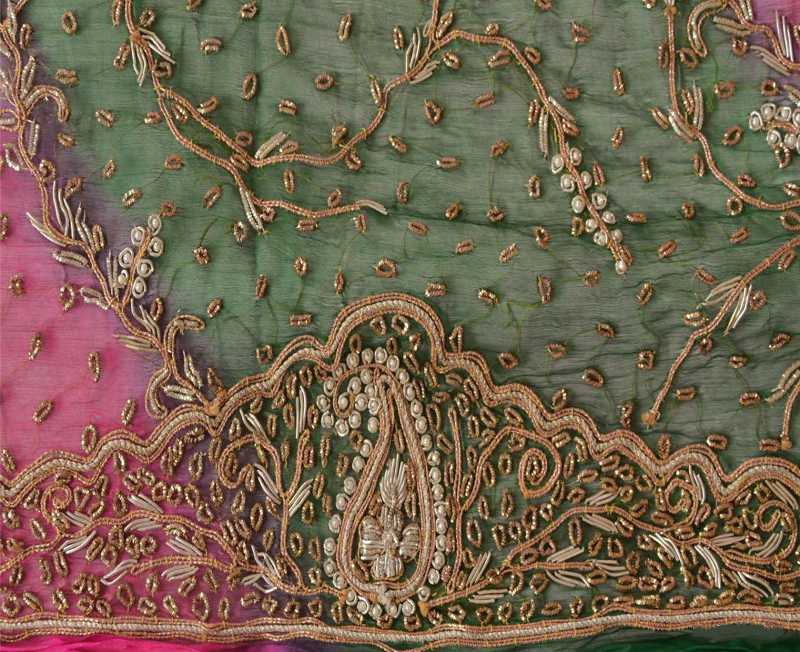===
0352,
9
===

=== |
 |
;xilaaf un aur ;xuubaa;N ke sadaa yih jii me;N rahtaa hai
yihii to miir ik ;xuubii hai ma((shuuq-e ;xayaalii me;N
1) in contrast to those other fine-ones, this one always remains in the inner-self
2) only/emphatically this, Mir, is a single/particular/unique/excellent fineness in an imaginary beloved
;xayaalii : 'Ideal, imaginary; fanciful, capricious; fantastical; visionary; chimerical'. (Platts p.498)
FWP:
SETS == EK
MOTIFS
NAMES
TERMS == THEMEWhat is the alternative to 'always remaining in the inner-self'? From the first line, it's not clear. One possibility would be that the other beloveds would leave the inner-self and emerge into the outer world as real, physical persons. Another possibility would be that the other beloveds would leave the inner-self and just vanish. Clearly the question is important, as the emphatic yihii insists. But even after hearing the whole verse, we can't really pin it down.
The use of ik too is brilliant. It could have a resigned tone ('well, at least an imaginary beloved has one single/particular good quality') or an admiring one ('isn't it unique/marvelous that an imaginary beloved is always there!').
Compare Ghalib's vision of his own kind of imaginary beloved:
G{154,3}.